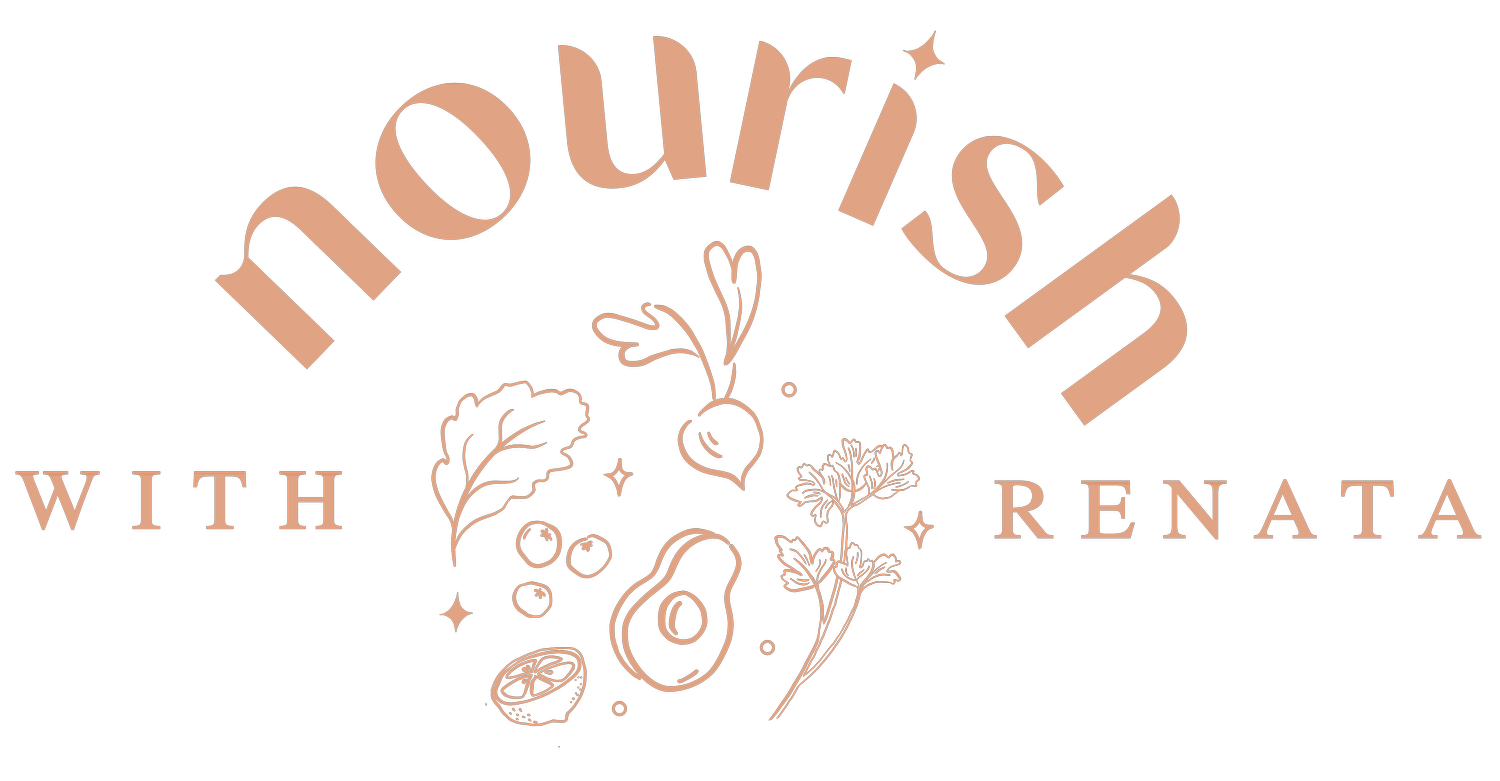Routines for Eating that Will Change Your Lifestyle
When you think about healthy eating, what do you think about? Most people only think about the types of meals they will eat. We frequently forget that one of the most important aspects of eating healthily is establishing healthy eating habits. To eat more nutrient-dense meals, you may need to adjust some of your eating habits. But don’t worry —this is not as challenging as it may seem!
Creating healthy eating habits will make it easier for you to eat well and get back to enjoying food rather than fretting about every meal. Whether you want to lose weight or just eat a healthier, more balanced diet, forming these habits can help you achieve your goals and feel more secure about your eating habits.
6 Tips for Healthy Eating Habits
Tip #1: Eat-in moderation
Moderation is the key to success. It's essential to give yourself the flexibility to eat whatever you want in moderation for both your nutrition and your mental and emotional wellbeing. A reward is a reward! Don't feel bad about treating yourself to an ice cream cone; instead, savor the occasion. Treating yourself occasionally is absolutely OK; it's how eating in moderation works.
I also recommend to all my nutrition coaching clients to lessen their purchases of the foods that they want to avoid. When your cupboard and refrigerator are stocked with sugary and unhealthy foods, it will be challenging to avoid temptation. Rather, stock up on healthy snacks and meals for the majority of the time, and savor some special treats occasionally. I like the 80/20 rule as a guideline i.e. eating healthfully 80% of the time, with special treats about 20% of the time.
Tip #2: Portion Control
Being mindful of portion sizes promotes moderation in eating and discourages excess. You will be tricked into eating more, especially when eating out at restaurants, because they typically serve larger portions on larger plates. That’s why I like to recommend using smaller plates at meals. This simple trick will help you significantly when it comes to portion control. According to a scientific study, using a smaller plate can trick your brain into thinking you're eating more, because the food takes up more space on a smaller plate vs a larger plate. This can prevent overeating. Measure your portions carefully and use them. There are a couple of methods to measuring portions such as using actual measuring cups and spoons, or use the Palm-Fist-Fist method (let me know in the comments if you’d like to hear more about this method!) You can also read the back of products you purchase and follow the serving sizes that are advised.
Tip #3: Recognize Your Hunger and Fullness Cues
Remember how full you feel after Thanksgiving dinner? That is actually not what a regular amount of fullness feels like - this level of fullness is actually when you are over-full. Most people do not pay attention to their fullness and their hunger cues. This can lead to overeating because they are waiting to feel the sensation of over-full.
To help combat this, remember that even if you don't instantly feel full after you finish your plate of food, for instance, wait about 20 minutes so that your body will continue processing your food and will then signal to your brain how full you actually are. This is also a great opportunity to drink more water (see Tip #5 below).
In addition, be mindful of your hunger cues too. Eat only because you are hungry, not because you are bored. When you eat out of habit when you aren't hungry, you consume too many calories which may be from less nutrient-dense foods. You can also practice eating slowly and mindfully, taking time to think about how your meal feels and tastes. Don't just gulp down your food; rather, enjoy it! Take it gently so you can feel the urgency to eat diminish and be replaced by a cosy, pleasing feeling.
Tip #4: Don’t Skip Meals
Meal skipping may lower your metabolism and potentially cause weight gain. This is because frequent practices of meal skipping may cause the body to hold onto excess fat as a survival mechanism, since it does not know when the next meal is happening. Skipping meals may also lower your blood sugar level too much, resulting in overeating at the next meal.
For many people, having a daily breakfast is the key to starting the day with a healthy habit. As a result, they are more likely to continue making positive healthy food choices, if they have started the day with a healthy breakfast. Having a satisfying breakfast at a reasonable hour will also boost your metabolism and experience less hunger throughout the day.
I also recommend to my clients to have healthy snacks on hand at work. When you're hungry at work, it's easy to grab a bag of greasy chips or a candy bar from the vending machine. You can always be ready for hunger at work by keeping nuts, rice cakes, veggie chips, hummus, fruit and nut/seed butters or other healthful snacks at your desk.
Tip #5: Stay Hydrated
Make it a habit to drink water. There are amazing benefits to your body when you stay hydrated.
Replace soda and other sugary beverages with water. Soda and other beverages with added sugar are a big source of empty calories. Always have access to fresh, cold water by bringing a reusable water bottle with you when you leave the house.
There are also many water-rich foods that will help you stay hydrated throughout the day, such as fresh fruit and veggies (watermelon, cucumbers, celery, pears, peaches etc.) as well as soups and broths.
Tip #6: Get Accurate and Honest with Yourself
Recognize the actual food you are consuming. Healthy eating depends on knowing how many nutrients you are consuming from your meals. Start learning how to decipher food labels. Check the amounts of sugar, salt, saturated fat, and trans fat frequently. Look at the list of ingredients. Learn the subtle terminology for ingredients like added sugar. Any food products with too many components you can't pronounce should be put back on the shelf!
Maintain a positive mindset when it comes to developing healthier eating habits. Punishing or overindulging on your own will only sap your motivation and confidence. The truth is that there is no proof that crash diets have long-term advantages. Focus on creating wholesome habits that will change the way you think about food. These small changes are much more likely to have positive and long lasting effects on your well-being.
Bonus Tip: Aim to eat foods that are locally cultivated. Eating these foods not only helps local businesses, but also typically contains a higher nutrient value, since it does not need to be shipped across the country or world to reach you. When shipping time is increased, the nutrient value decreases over time. When you increase the vitamins and minerals you consume, you will naturally feel better and be healthier overall. You can also experiment with new and different ingredients and recipes, such as how to make weed butter.
Have questions on how to develop healthy eating habits that work for you and your lifestyle? Then join me on a FREE 20 minute Nutrition Call and let's chat about the best way of eating for you.
Love learning about nutrition and finding a way of eating that works for you? Then sign up for my email list here:




